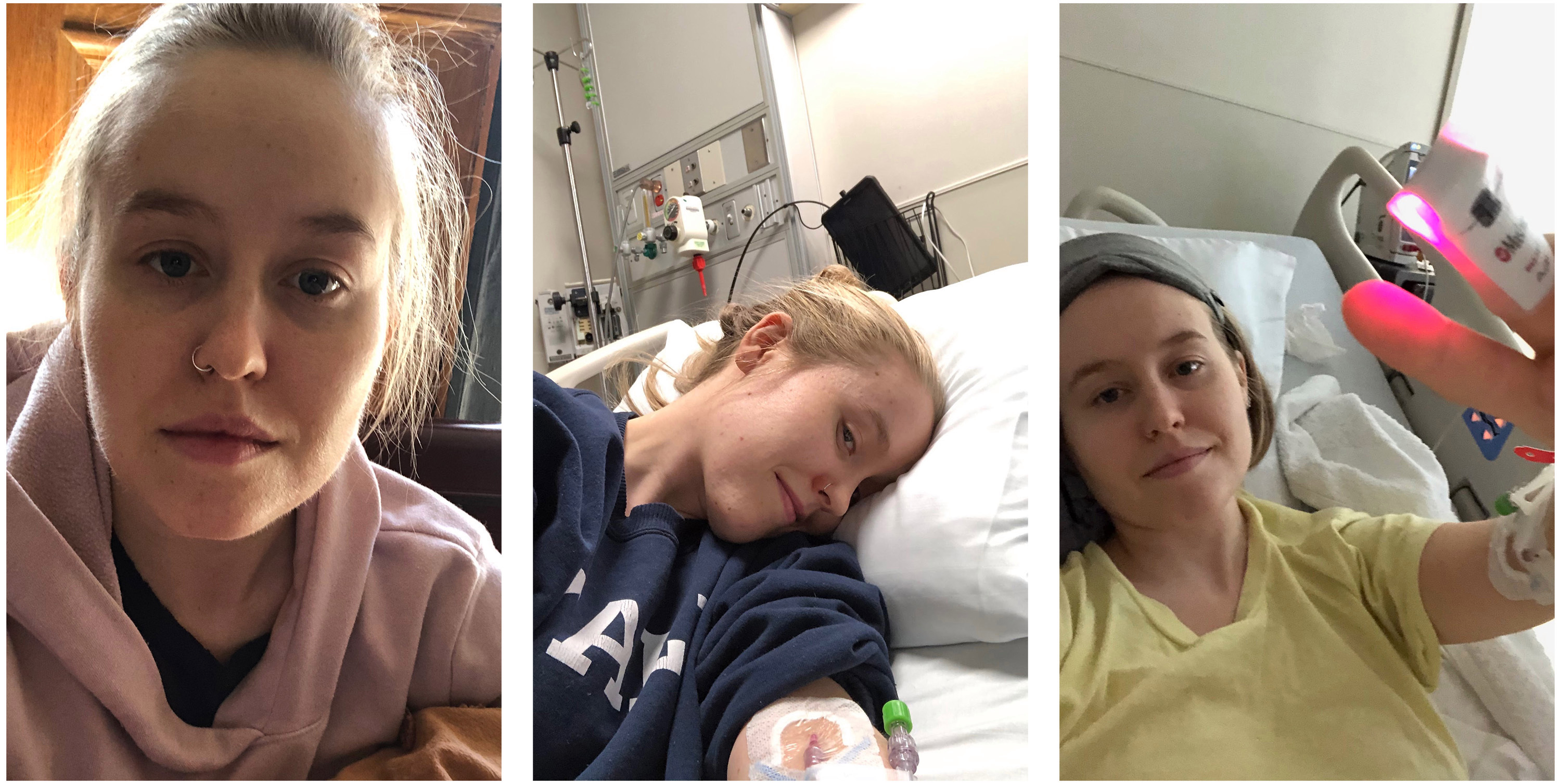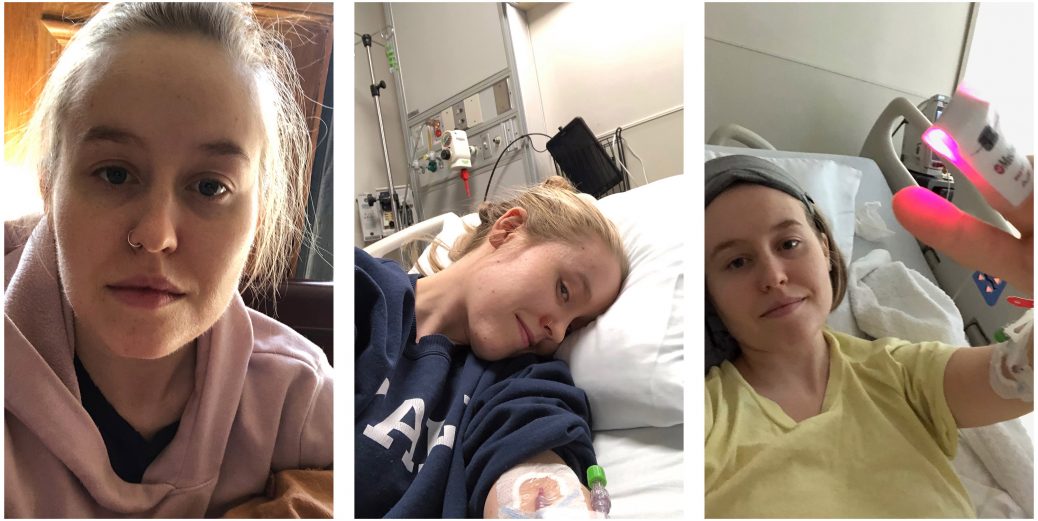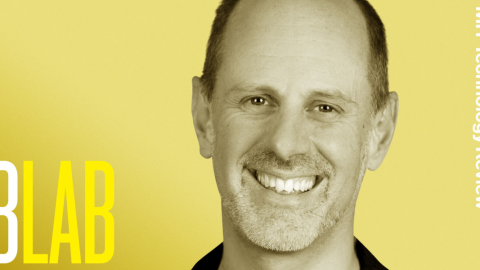That Slack group has ballooned to more than 7,000 active members. “There was a huge group of patients who felt alone,” Lowenstein says. “They had no idea that they were not alone.”
There are subgroups based on geography (“The UK group is very active,” Lowenstein says) and symptoms (neurological symptoms are a popular topic). Members are from all over the world, though Lowenstein suspects the fact that it’s on Slack might bias its participation toward those who know how to use the software.

COURTESY PHOTOS
Despite its limits, the Slack group allowed the coronavirus long-haulers in the Patient-Led Research group to find one another. It made it possible for them to coordinate their efforts and launch a study of their own symptoms. For many, the group has both provided a way to draw medical attention to their condition and served as a form of community during months of quarantine.
The organizers—mostly millennial women—have bonded through working together on this project. Assaf leads the group. Hannah Wei, a qualitative researcher based in Canada, handles survey design; Lisa McCorkell, a policy analyst in California, has taken on data analysis; and Athena Akrami, a neuroscientist in London, provides statistical analysis. They can all name the exact moment when symptoms set in and precisely what day and time they got worse or better.
Hannah Davis, who helps with press and administrative tasks, remembers when she realized she was sick. It was March 25, and she was struggling to read a text message. “We were trying to arrange a video call with a friend, but I couldn’t understand what it was saying,” she says.
She soon developed a persistent low fever and began having difficulty breathing—symptoms typical of the coronavirus. She was told to stay home and was unable to get a test. But Davis calls those issues “mild” compared with those that came later. She had a hard time reading and started to notice phantom smells. She had gastrointestinal issues, and after 103 days she developed a skin rash characteristic of covid-19.
Davis felt isolated. At the time, she was stuck in her Brooklyn apartment—alone, sick, and wishing she could connect with someone who understood what she was going through. The Body Politic Slack group was “a lifesaver,” she says. “I don’t know I could have [kept going] without it.”
When I spoke to her 135 days after she initially fell ill, Davis was still sick, with daily fevers, joint pain, cognitive issues, and more. But she feels a renewed sense of purpose thanks to the Patient-Led Research team.
Many in the group were doing their own research even before they joined forces. Wei, a long-hauler who tested positive, was frustrated at the lack of information and resources available for people like her. So she created covidhomecare.ca, which includes Google Doc templates for tracking symptoms (and a log of her own symptoms as a guide).
Wei’s expertise in survey design helped the Patient-Led Research group figure out the best way to go about studying themselves. She notes that the group’s survey results are biased—72% of respondents in the first survey are American, and the respondents are predominantly English-speaking. Seventy-six percent of respondents are white, and most are cisgender females.
Akrami, who gets noticeably breathless as she speaks, ran a statistical analysis to help the group interpret its results. “We asked about 62 different symptoms,” she says. “We invited people who have been tested or not tested and asked if they were negative or positive, then compared the symptoms.”
They found that 60 of those symptoms were as likely to show up in long-haulers who tested positive as those who were tested negative, or never tested for the coronavirus. This result seems to indicate that official tallies of cases may be overlooking a large number of patients.
McCorkell, a long-hauler who’s never been tested, says that nearly half of survey respondents—all of whom have self-reported coronavirus symptoms—were never tested either.
Of those who were eventually tested, many were found negative but still believe they have the virus, on the basis of their own symptoms or a physician’s diagnosis. False negatives are common in coronavirus testing, particularly for people who are tested too soon or too long after being infected.
Still, the survey captured data particular to how long-haul patients experience the disease and its symptoms. “Even when controlling for the time of test, the only difference in symptoms between those who tested positive and those who tested negative is that those who tested positive reported loss of smell and loss of taste more often,” says McCorkell.
The timing of certain symptoms among long-haulers also seems to fluctuate in a kind of pattern. According to the survey, neurological and gastrointestinal symptoms tend to appear around the second week, then dip, and then rise again around the third or fourth month.
Davis was grateful when a fellow long-hauler warned her that days 90 through 120 were the hardest. “It’s crowdsourced recovery,” she says. The survey’s results suggest that neurological symptoms are common for long-haulers: nearly two-thirds of patients described debilitating dizziness, while blurry vision, trouble concentrating, and “brain fog” were also cited frequently. More than a fifth of patients described memory loss and hallucinations.
McCorkell says that with the next survey, due out in the next few weeks, the group will attempt to reach more respondents from Black, Hispanic/Latino, and indigenous communities—groups that have been hit hardest by the coronavirus. And Akrami hopes she can pull in the bigger Body Politic community to help translate survey results into other languages and disseminate the information.
But the long-haulers are now outgrowing their own group. Davis says the Patient-Led Research team is raising money to pay for more Slack users as their numbers grow. “I was lucky to have this experience that I hope is accessible for all long-haulers,” she says. Within the group, “it’s singularly most people’s resource for medical guidance.”
During a time of extreme isolation and uncertainty, Davis and the other organizers are grateful for their Slack group, and to have found each other. “This support group has been one of the biggest gifts of my life,” she says.




Recent Comments